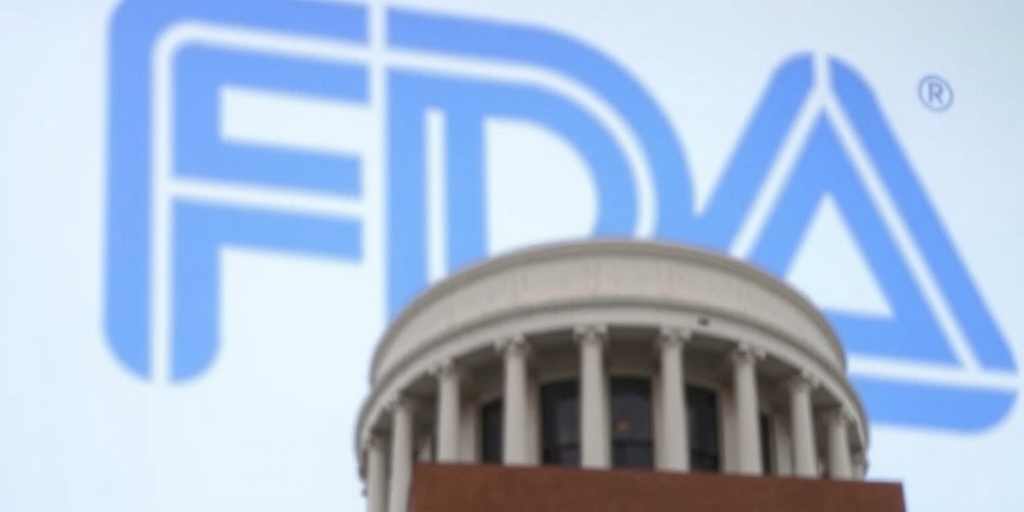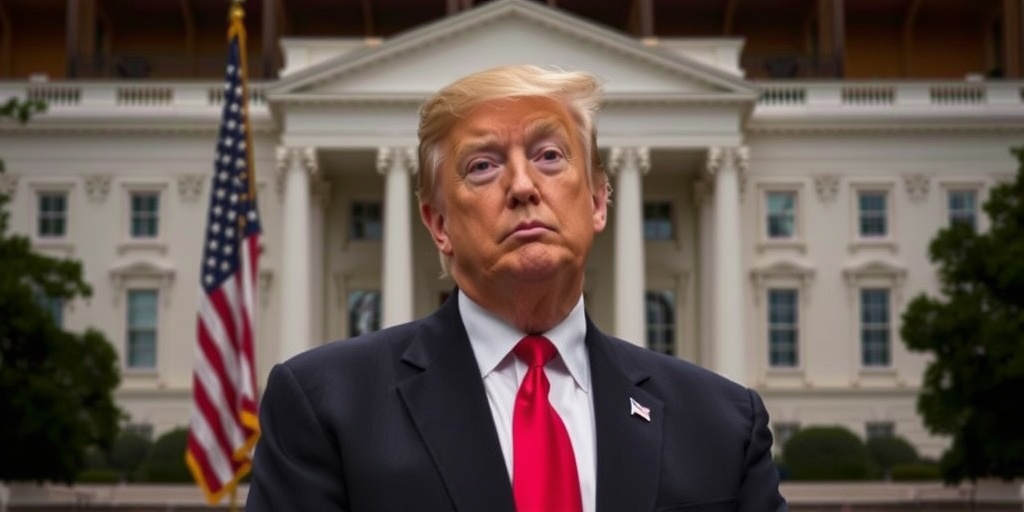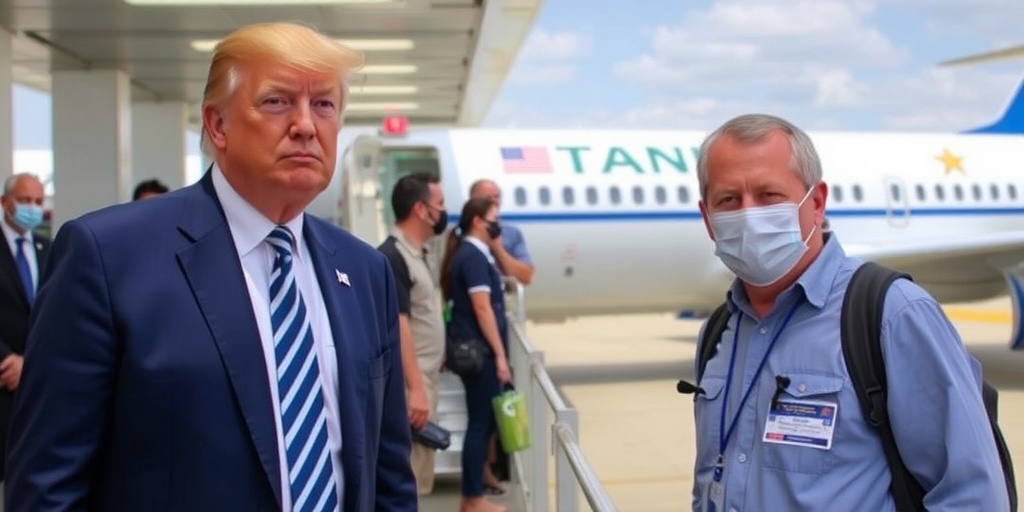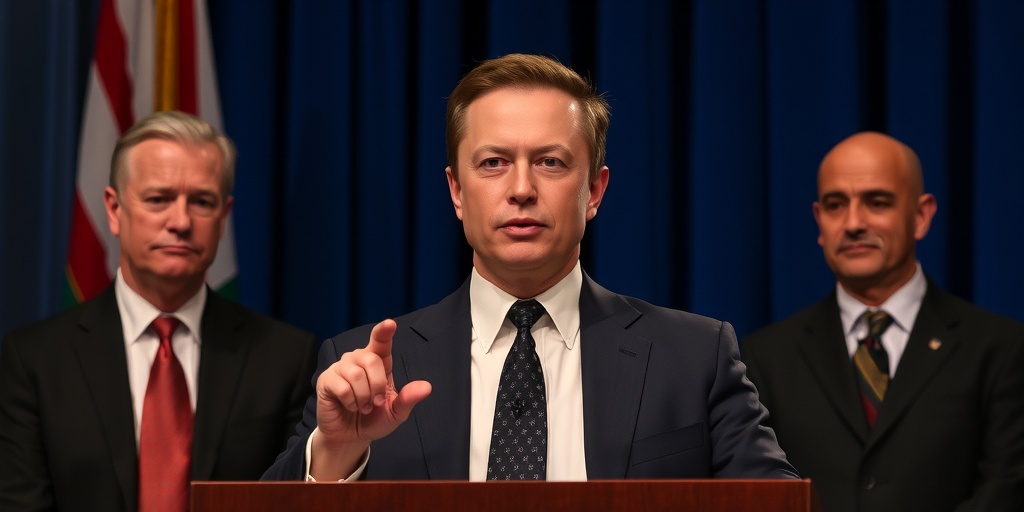Now Reading: FDA Nominee Faces Scrutiny Over Budget Cuts and Policy Changes
-
01
FDA Nominee Faces Scrutiny Over Budget Cuts and Policy Changes
FDA Nominee Faces Scrutiny Over Budget Cuts and Policy Changes

Dr. Marty Makary Set for Confirmation Hearing as FDA Commissioner Amid Controversy
Dr. Marty Makary, a prominent pancreatic cancer surgeon and health policy researcher at Johns Hopkins University, is poised for a confirmation hearing to assume the role of commissioner of the Food and Drug Administration (FDA) on Thursday. While he is expected to navigate the questioning from senators with relative ease, the hearing may confront him with critical inquiries regarding his stance on FDA staff reductions and pressures from the pharmaceutical industry.
Dr. Makary has carved a niche for himself as a contrarian in the medical community, particularly through his vocal critiques of medical errors and the current health system. However, his alignment with certain views of prominent figures like Robert F. Kennedy Jr., the nation’s health secretary, has raised eyebrows. Some observers, including Dr. Reshma Ramachandran, an assistant professor at the Yale School of Medicine, have expressed concern over the “true Marty Makary,” especially in light of Kennedy’s controversial suggestions regarding public health policies.
Kennedy has advocated for the FDA to ease regulations on potentially hazardous products, including raw milk — known for its bacterial risks — and has supported hydroxychloroquine, a drug that lost its endorsement as a Covid-19 treatment due to more apparent risks than benefits. Dr. Ramachandran conveyed her apprehensions regarding Makary’s commitment to keeping the FDA’s integrity and independence intact amidst these shifting dynamics.
The FDA, which oversees a vast array of products, including prescription medications, medical devices, tobacco, and roughly 80% of the food supply, has a significant budget of about $7.2 billion and a workforce of about 18,000 employees. Confirmation of Dr. Makary is expected to introduce complications given the staff’s recent tumultuous experiences with downsizing measures initiated by the Trump administration.
The FDA’s staff has already suffered substantial workforce losses, enduring an initial wave of approximately 700 layoffs that dismantled critical review teams responsible for ensuring the safety of various medical devices, such as insulin delivery systems and robotic surgical apparatus. Following this, some positions were reinstated, but the ongoing threat of additional cuts continues to foster an environment of uncertainty within the agency. The recent announcement of the potential sale of around two million square feet of FDA office space has further sparked alarm, despite reassurances that critical infrastructure like drug-safety laboratories would remain operational.
As Dr. Makary prepares for his new role, he will confront numerous urgent matters stemming from the Trump administration’s aggressive cost-cutting policies. Harvard Medical School’s Dr. Aaron S. Kesselheim questioned how the FDA’s resources would function in what appears to be a climate of indiscriminate slashing without enough thoughtful planning.
In a bid to clear potential conflicts of interest, Dr. Makary has pledged to relinquish significant financial interests, stepping down from roles in various health-related businesses, including as co-owner of Global Appropriateness Measures, which evaluates healthcare data for inappropriate medical practices. His decision to untangle from the telehealth company Sesame and a pharmaceutical firm, MedRegen, reflects an effort to uphold his commitment to ethical governance.
Dr. Makary’s expected priorities also extend to tackling vaccine safety claims, as Kennedy has proposed conducting a comprehensive review of long-established vaccines that protect populations from severe illnesses. This examination brings an added layer of complexity to Dr. Makary’s prospective responsibilities. Furthermore, he is anticipated to help fulfill Kennedy’s agenda against perceived corruption within public health agencies, specifically addressing the revolving door between the FDA and the industries it oversees.
Nevertheless, these goals may be at odds with the FDA’s existing leadership. For instance, the newly appointed head of the FDA food division, Kyle Diamantas, recently emerged from a law firm that defended infant formula manufacturers against allegations of wrongful harm, highlighting potential conflicts in the agency’s objectives.
As the confirmation hearing approaches, the healthcare community and public will be closely monitoring Dr. Makary’s statements and positions. His responses to inquiries about the FDA’s independence, resource management, and public health priorities could significantly shape the agency’s trajectory moving forward. The outcome of this hearing will not only define Dr. Makary’s role but also potentially influence the broader landscape of public health policy in the United States.
Stay Informed With the Latest & Most Important News
Previous Post
Next Post
-
 01New technology breakthrough has everyone talking right now
01New technology breakthrough has everyone talking right now -
 02Unbelievable life hack everyone needs to try today
02Unbelievable life hack everyone needs to try today -
 03Fascinating discovery found buried deep beneath the ocean
03Fascinating discovery found buried deep beneath the ocean -
 04Man invents genius device that solves everyday problems
04Man invents genius device that solves everyday problems -
 05Shocking discovery that changes what we know forever
05Shocking discovery that changes what we know forever -
 06Internet goes wild over celebrity’s unexpected fashion choice
06Internet goes wild over celebrity’s unexpected fashion choice -
 07Rare animal sighting stuns scientists and wildlife lovers
07Rare animal sighting stuns scientists and wildlife lovers





















